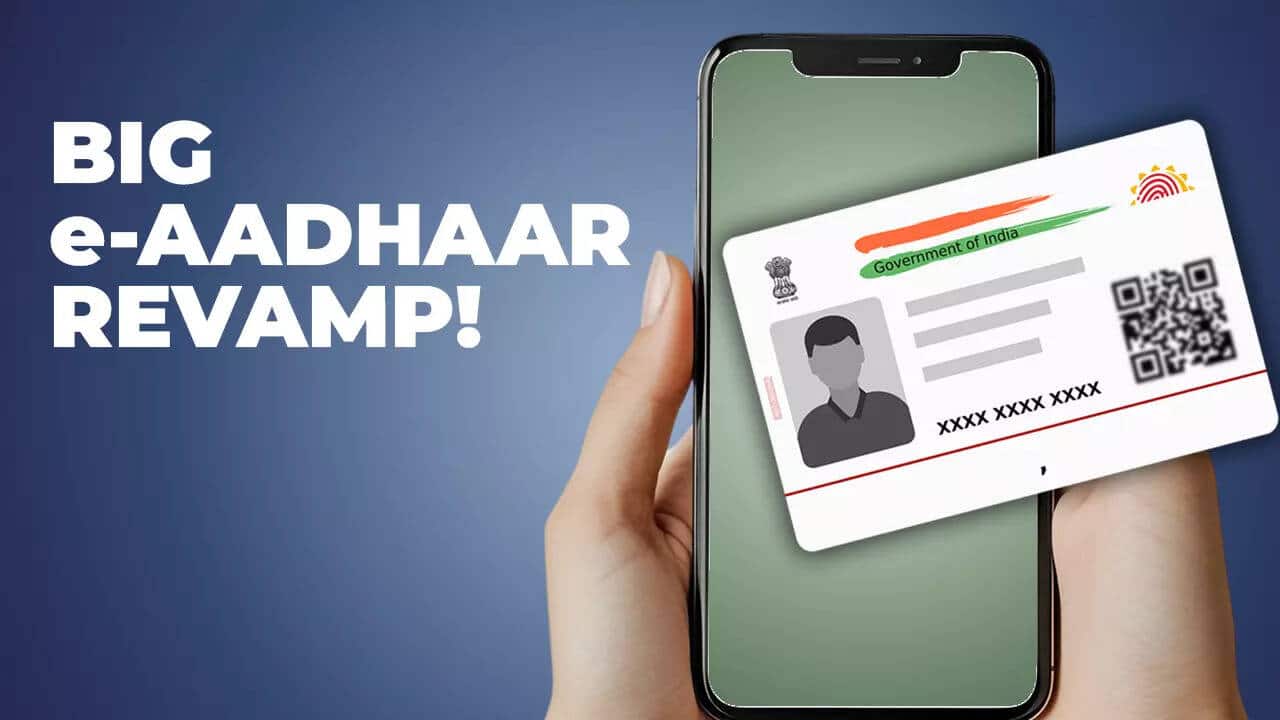UIDAI Initiates Plans to Simplify Aadhaar-Based Identity Verification

The Unique Identification Authority of India (UIDAI) is enhancing the offline Aadhaar-based identity verification process to improve security and user experience. This initiative aims to allow users to complete Know Your Customer (KYC) procedures without disclosing their Aadhaar number or personal information. By promoting the use of QR codes and PDF formats, UIDAI seeks to simplify identity verification for financial services and fintech companies, while also addressing concerns about unauthorized access to Aadhaar data.
Objectives of the New Initiative
UIDAI’s latest initiative focuses on several key objectives aimed at improving the offline Aadhaar-based KYC process. One of the primary goals is to enhance user privacy and security by allowing individuals to complete KYC without sharing their Aadhaar number or personal details. This change is expected to foster greater trust among users, as they can manage their identification documents more securely.
Additionally, UIDAI plans to simplify the verification process by encouraging the use of QR codes and PDF formats instead of the current XML-based method. This shift will make it easier for users to share and manage their identification documents, particularly in remote areas where access to technology may be limited. The initiative also aims to promote compliance among startups and financial service providers by integrating with authorized agencies, ensuring that verification methods adhere to regulatory standards.
Reasons Behind the Changes
The push for reform comes in response to growing concerns regarding unauthorized access to Aadhaar data. In June, UIDAI, along with the Ministry of Electronics and Information Technology (MeitY), took action against several startup websites for allegedly accessing Aadhaar information without authorization. This crackdown affected various sectors, including fintech, food delivery, and e-commerce, which relied heavily on Aadhaar for verifying gig workers and blue-collar employees.
Many fintech companies and non-banking lenders experienced onboarding delays due to their dependence on Aadhaar for customer verification. UIDAI has emphasized that consumers will now be able to use offline Aadhaar-based KYC without needing to share sensitive information. The authority is working to regulate and streamline the process through authorized entities, such as Aadhaar Authentication Agencies and KYC User Agencies, to ensure compliance and security.
Key Features of the New Process
The revamped offline Aadhaar-based KYC process introduces several significant changes aimed at improving accessibility and user experience. One of the most notable updates is the promotion of QR codes and PDF formats for offline KYC, replacing the existing XML-based method. This change will simplify the sharing and management of identification documents for users.
Moreover, the new process will not require biometric authentication or one-time passwords (OTPs), making it more accessible for users in remote areas. Importantly, the entire process will be conducted with the explicit consent of the customer, ensuring that individuals have control over their personal information.
UIDAI currently offers three KYC options: electronic KYC (OTP-based), biometric KYC (in-person verification), and offline KYC (XML method). The introduction of the new offline KYC process is expected to encourage more banks and fintech companies to adopt compliant verification methods, ultimately enhancing the overall digital identity verification landscape in India.
Future Implications for Identity Verification
As UIDAI clarifies norms and simplifies the offline verification process, it is anticipated that more banks and fintech companies will adopt these new measures. Identity verification startups are now looking to integrate their services in compliance with the new regulations by partnering with authorized agencies. This collaboration will ensure that they can continue to provide verification services while adhering to UIDAI’s guidelines.
With the government tightening controls and improving usability, offline Aadhaar KYC is poised to play a more significant role in digital identity verification within India’s expanding financial ecosystem. This initiative not only aims to enhance security and privacy for users but also seeks to foster a more robust and compliant identity verification framework across various sectors.
Observer Voice is the one stop site for National, International news, Sports, Editor’s Choice, Art/culture contents, Quotes and much more. We also cover historical contents. Historical contents includes World History, Indian History, and what happened today. The website also covers Entertainment across the India and World.

